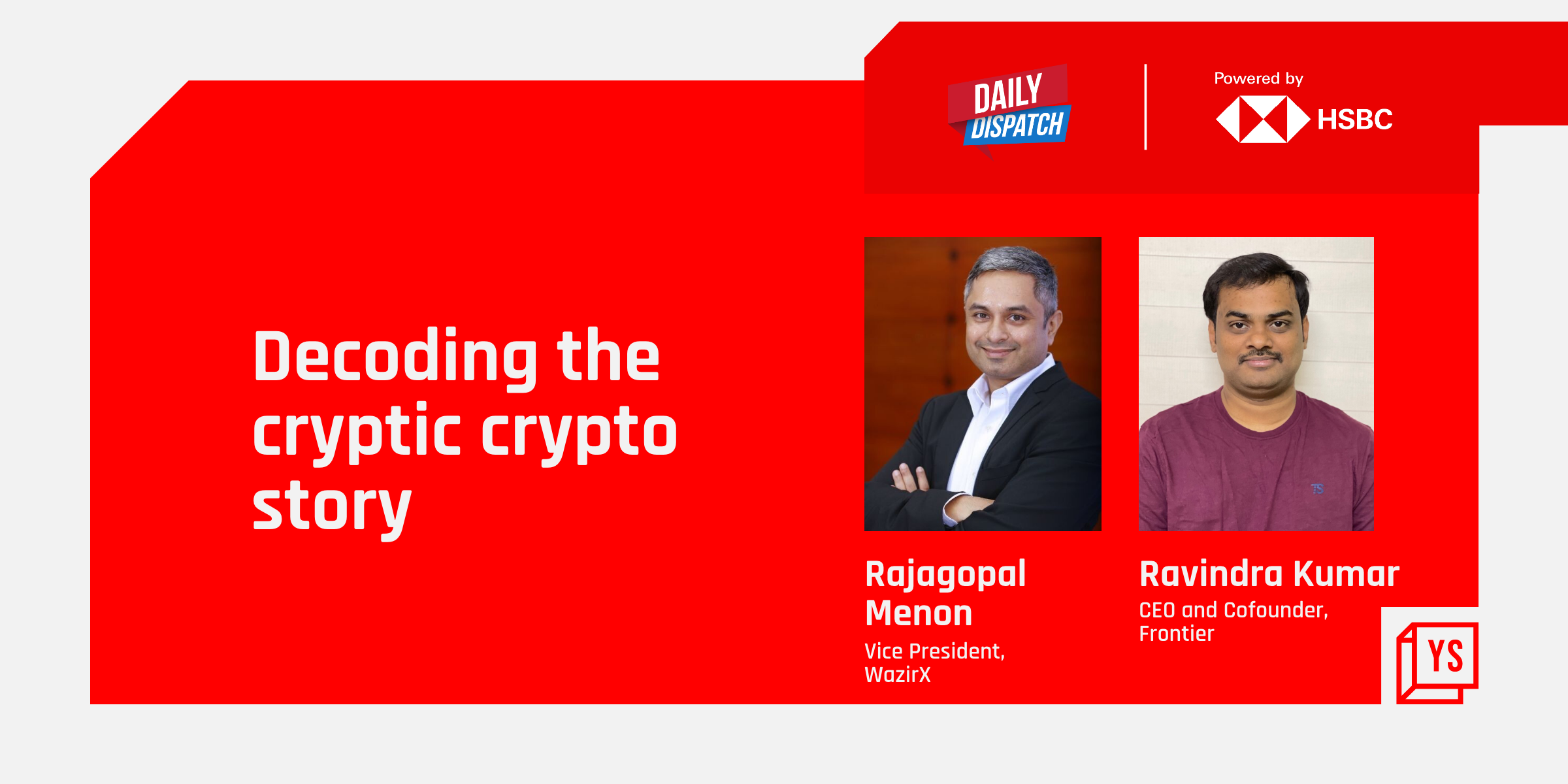Insider view: How to get investors to say YES
Are you an entrepreneur looking to raise venture capital? Your pitch meeting is extremely important. Here’s a veteran VC, Vani Kola, sharing some dos and don’ts, and the most common traps entrepreneurs fall for while pitching to investors. Brace yourself for an engaging anecdotal article.

Components of a ‘Pitch Perfect Deck’
There is nothing like a perfect pitch deck. People have their individual style, so don’t get stressed about finding the formula that fits all. However, the deck should capture the power of your idea and the potential value of your business and your capability to create this business in a very short concise manner -- that is the perfect pitch deck.
To me a perfect pitch deck is crisp, quick and very, very clear.
The first thing that I recommend to entrepreneurs is that they should talk about the problem that they are trying to solve. That is the first thing that you need to address in your pitch meeting. You need to communicate how you plan to solve the problem uniquely and as fast as possible. Is this problem worth solving? And if so, how will you create value through the business? For me, how articulate you are about your business is very important.
Many a times I see entrepreneurs who are not able to communicate, who do not use pictorial slides but use lengthy wordy slides. Pay attention to the PPT and the formatting. Keep the slides visual and engaging.
Here are some resources for you to get started, there are many more freely available resources out there on the web, do spend time on this.
A compendium of startup pitch decks
A set of 5 pitch decks
Video: “The Pitch Coach” David S Rose on How to Pitch a VC
Video: Getting behind the perfect pitch
How to prep investors in advance
Sending something in advance is always a good idea, not a requirement. Sometimes when you do send something in advance, the other party may or may not have read it even though they had asked for it. The only reason to send something in advance is to show that you are prepared, and also to make a place for yourself.
Use your time wisely
Be clear on what is that one thing that you want everyone to take away about your business from your pitch. Let’s say, people interrupt you during the presentation, you need to answer it in a way that you find a balance between answering the question and finding time to finish your slides.
On the other hand, let us say that you were asked a question about the architecture of your product which you plan to cover later, it is okay to say that you will get to that in a minute and you say that you have that in your presentation. Telling your audience of investors that you will answer some questions later is also okay.
If you have one hour meeting, you should plan as though it is a 45-minute meeting and keep the remaining time for questions. Talk about what makes your company most ripe for investing and get that out first. Communicate on what basis the investment should be made at this stage of your company -- everything else is important too, but this point is the most important.
Sometimes I meet founders who talk about their co-founders and team background, but a decision to invest is not going to be made on this fact. The other day I met a founder who had used about 15 slides in his deck to communicate his team credentials and not once has he mentioned what exactly is this team going to do? What am I supposed to make out of this as an investor?
Spend 40% of your time on what makes your business most exciting to invest.
I saw a company in the gaming space that has come up with a new way of interactivity. The concept itself takes time to understand. If you are doing something really futuristic, then you have to take some time to explain the concepts. Let’s say you were pitching e-commerce in 2008; people already understood e-commerce then, so you did not have to dumb down the PPT so much, but that time the concerns were that companies will take a lot of money to build, and infrastructure was a big problem. Back then you had to communicate your thoughts on how you plan to navigate these problems and create value.
It is also important to understand before the meeting how much do the investors know about your category and then modify your pitch accordingly.
Rehearsing is key & is more important than you think
Spend a lot of time rehearsing. Think about what kinds of questions are likely to be asked, and prep for all of them.
Taking your team along? Prep them too
If you are a Founder CEO and if you are taking your banker along, and if there is a question about financials, you need to answer that question and not the banker. You and your core team should fully understand the business plan and are responsible for putting it together. If let’s say the CEO has very strong sales skills, but she has a fantastic CTO and technology is key to success, then by all means have the CTO present the technology portion of the presentation.
So, the first rule of thumb is that the core management has to answer all questions, it is okay not to bring the extended management team for the first meeting, they can come for the meetings later on. But clearly, the CEO should be in charge at all times in the presentation.
Be ready for questions – don’t be intimidated
Often, entrepreneurs feel that a successful presentation is when everyone is in full agreement with your point of view. But there may be questions during the pitch that may challenge your assumptions. Sometimes you may know the answer and defend it, if you don’t know it is absolutely okay to say I don’t know and I will get back. But often the tendency is that as many questions are asked, entrepreneurs think that they are losing the audience.
Questions do not imply lack of interest to invest. Entrepreneurs should remember this. Questions may be the most important things because you can gauge their level of interest and their level of understanding. Take questions as a sign of interest. Don’t get intimidated when questions are asked.
When & how should you follow up post pitch?
If you promised that you would get back on something, then please do get back. Most people do not do this. If you want to send periodic updates, please do. If the investors wanted to introduce you to someone, then ask them to make the intros. Follow up, but again keep it brief and crisp. Keep the communication channels open always.











